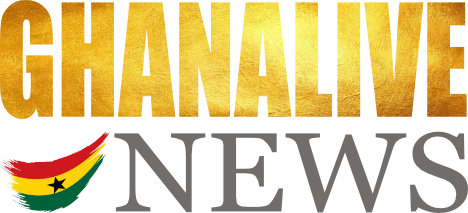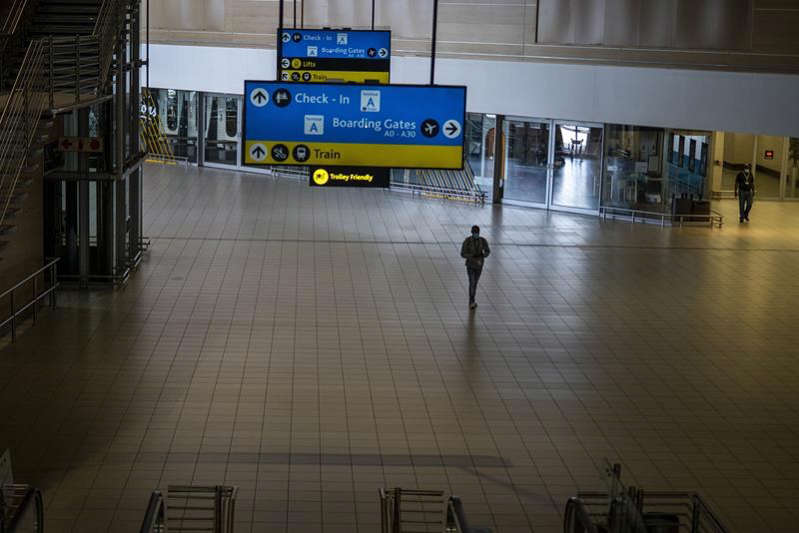Canada’s first two cases of the Omicron COVID-19 variant of concern were confirmed Sunday in Ottawa. The variant – which may be more transmissible – was first identified in South Africa, where it coincided with a recent spike in COVID-19 cases, but it’s unclear where it first emerged. Here’s what we know about it so far:
Omicron is a new variant of COVID-19 that was designated a “variant of concern” by the World Health Organization last week. The U.N. health agency also gave the variant its name, following a classification system based on the Greek alphabet.
The WHO said the variant has “a large number of mutations, some of which are concerning,” and preliminary evidence suggests it has an increased risk of reinfection.
Canada’s chief public health officer, Dr. Theresa Tam, said Friday that some of the mutations detected show a potential for greater transmissibility, and could reduce natural immunity as well as the immunity offered by vaccines.
WHERE HAS IT BEEN FOUND?
Outside South Africa, Omicron cases have been confirmed in a growing number of countries. Canada, the Netherlands, Israel, Australia, Germany, Belgium, the United Kingdom and Hong Kong are among those that have reported cases.
Spain confirmed its first case Monday, in a traveller who arrived from South Africa.
Portuguese health authorities, meanwhile, have identified 13 cases of Omicron in members of a top soccer club, and are investigating possible local transmission of the variant. That would be the first reported instance of local transmission outside of southern Africa.
Dutch health authorities said Tuesday that the Omicron variant was already in the Netherlands when South Africa reported it to the World Health Organization last week. They said the variant was detected in samples dating from Nov. 19 and 23.
Canada’s first two cases, confirmed in Ottawa, are in people who recently returned from Nigeria. Two more cases were confirmed in Ottawa on Monday night, and two more possible cases are being investigated in the Hamilton region. Ontario’s top doctor said Monday it would not be surprising to see more cases, adding the province is performing genome sequencing on all eligible positive COVID-19 tests in order to help detect the variant.
Public health units in Ontario are also offering tests to 375 people who recently returned from countries Canada considers at high risk for the variant.
Meanwhile, Quebec confirmed its first Omicron case on Monday.
___
WHAT IS CANADA DOING?
Canada announced last week it is no longer allowing visitors from southern Africa in an effort to limit the spread of the Omicron variant.
The ban applies to foreign nationals who have been in seven listed countries over the past 14 days, including South Africa, Mozambique, Botswana, Zimbabwe, Lesotho, Namibia and Eswatini. Nigeria – where several confirmed Canadian cases had been – is not on the list.
Travellers who transited through the listed countries and are already in Canada must quarantine and be tested for COVID-19. Ottawa has also issued an advisory discouraging non-essential travel to South Africa and nearby countries.
Prime Minister Justin Trudeau said Tuesday that Canada is watching the Omicron situation very closely. “There may be more we need to do and we’ll be looking at it very carefully,” he said.
Public Safety Minister Marco Mendicino said Tuesday that the best available scientific and medical evidence will inform the government’s decisions.
Opposition parties and some provincial leaders have been pressing Ottawa to enact strict border measures. Ontario’s top doctor said the province wants testing for all returning travellers, regardless of where they came from.
___
WHAT ARE OTHER COUNTRIES DOING?
Several other countries have also enacted travel bans focused on southern Africa, as well as stronger screening measures.
The U.S. has banned travel from South Africa and several other countries in the region starting Monday. Others, including New Zealand, Israel and the European Union, have also restricted or banned travel from the region.
Japan announced Monday it is suspending entry of all foreign visitors.
Travellers arriving from Canada and several other countries will need to show a negative COVID-19 test and quarantine for 10 days if they go to Switzerland – new measures slated to take effect Wednesday in response to Omicron cases in those countries. The Swiss government had already imposed such requirements on travellers from Belgium, Hong Kong and Israel, and banned all flights from southern Africa.
The World Health Organization, however, has urged countries to avoid using travel restrictions, saying they “place a heavy burden on lives and livelihoods.”
___
HOW EFFECTIVE ARE COVID-19 VACCINES AGAINST OMICRON
That isn’t yet clear, but vaccine manufacturers are looking into it.
___
– with files from The Associated Press
This report by The Canadian Press was published Nov. 30, 2021.
Paola Loriggio, The Canadian Press



